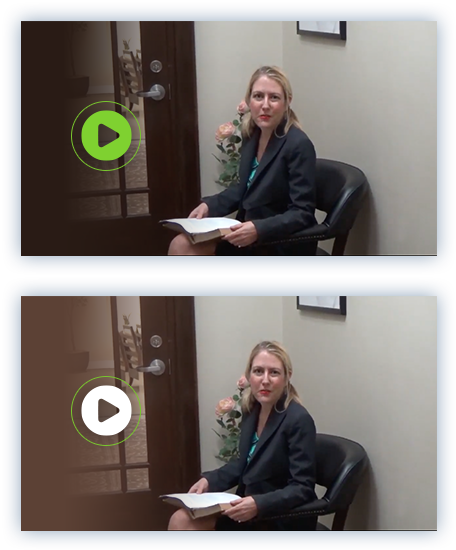Tampa International Bankruptcy Insolvency Filing Attorney
In the United States, bankruptcy laws are contained in the federal Bankruptcy Code which is periodically updated. The most significant overhaul of the Code was in 2005. During COVID-19 there were other updates. Each state is bound by the bankruptcy laws, although the states also have different allowable exemptions. Many other countries have laws that are similar to the United States bankruptcy laws. Bankruptcy is not a new concept, and its certainly not a unique American system. If you have a business operating in the United States and you are overseas, contact our Tampa international bankruptcy attorney today. We are available to act as local counsel for Chapter 15 proceedings that need to be filed in the Middle District of Florida.
A foreign business can file a bankruptcy in Florida under certain circumstances. Under Chapter 15, a foreign representative may seek relief from the bankruptcy court. Chapter 15 is a recently added section of the U.S. Bankruptcy Code, and it is essentially the adoption of the Model Law on Cross-Border Insolvency produced by the United Nations in 1997. It was enacted in 2005 as part of the Bankruptcy Abuse Prevention and Consumer Protection Act.
Bankruptcy laws are very different in, for example, the United Kingdom and Germany. Many Eastern European countries are seeing their insolvency laws evolve as they progress toward free market economies. Bankruptcy laws in many nations are referred to as “insolvency cases.” Because of Florida’s diverse population, we have the opportunity to assist business owners and individuals from all over the world.
In the United States, attorneys are licensed by their state to practice law, which includes going to court as well as drafting documents. There is no distinction between “barrister” and “solicitor” in most states, and certainly not in Florida. An experienced bankruptcy attorney would be familiar not only with the written Bankruptcy Code, but also the court procedures and local customs in each of the district bankruptcy courts.
To learn more, Contact Us to schedule a Zoom or telephonic consultation to learn your legal options.


